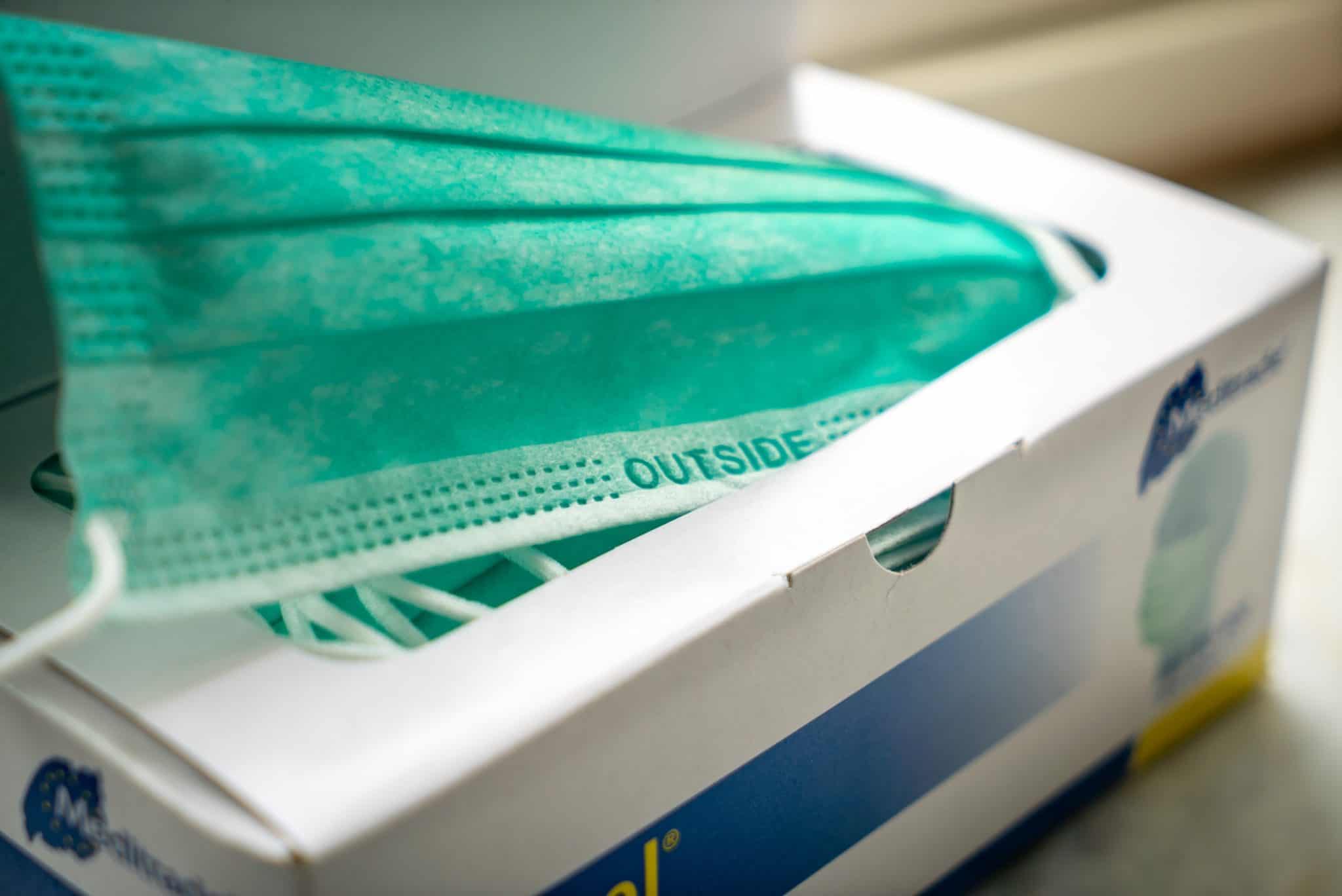Deanna Krokos is a student at Harvard Law School
ProPublica released a groundbreaking investigation tracing a new chapter of COVID-19-realted “enhanced unemployment” benefits: clawbacks. Several states are pursuing repayment of benefits disbursed under the federal “Pandemic Unemployment Assistance” (“PUA”) program, that aimed to provide unemployment funds to workers traditionally ineligible for state unemployment insurance. Now, states are auditing their program distribution and determining that as many as 1 in 5 PUA recipients were erroneously “overpaid.”
Though the state-administered PUA application processes themselves were marked with technological errors, which the DOL determined increases inaccuracies, all of the consequences seem to fall on workers. Workers waited weeks and months for their first check, as state systems were overrun, and now are expected to repay a lump-sum to correct an error that was nothing if not to be expected. The clawback requests are not trivial; states are requesting thousands of dollars, terming it a form of “debt” and threatening various collections practices. Of course, the entire purpose of these funds was to support workers and families in meeting monthly expenses, i.e. to be spent. Further, the payments are credited from an economic perspective with stimulating the economy, promoting consumer spending to support those essential, front-line jobs that did remain. Now, states are asking the same individuals who were specifically instructed to spend this money during a crisis, to quickly return it as though it were a bonus or a perk.
PUA’s originating legislation specifically forbids states from waiving overpayments, requiring these clawback attempts. House Democrats have challenged this, offering a revision in the HEROES Act, though many are losing hope that the bill will pass.
The New York Times reported on one troubling difference between the current COVID-19 “spike” and the initial wave this spring: front-line and essential workers are much less likely to receive hazard pay. Retail workers continue to risk their health to perform essential, in-person labor, but companies have not continued to acknowledge those risks through bonuses or wage increases. NYT ties this phenomenon to labor market forces; as enhanced unemployment benefits lapsed, workers are pressured to accept work even in unsafe conditions and without wage premia.






Daily News & Commentary
Start your day with our roundup of the latest labor developments. See all
February 20
An analysis of the Board's decisions since regaining a quorum; 5th Circuit dissent criticizes Wright Line, Thryv.
February 19
Union membership increases slightly; Washington farmworker bill fails to make it out of committee; and unions in Argentina are on strike protesting President Milei’s labor reform bill.
February 18
A ruling against forced labor in CO prisons; business coalition lacks standing to challenge captive audience ban; labor unions to participate in rent strike in MN
February 17
San Francisco teachers’ strike ends; EEOC releases new guidance on telework; NFL must litigate discrimination and retaliation claims.
February 16
BLS releases jobs data; ILO hosts conference on child labor.
February 15
The Office of Personnel Management directs federal agencies to terminate their collective bargaining agreements, and Indian farmworkers engage in a one-day strike to protest a trade deal with the United States.